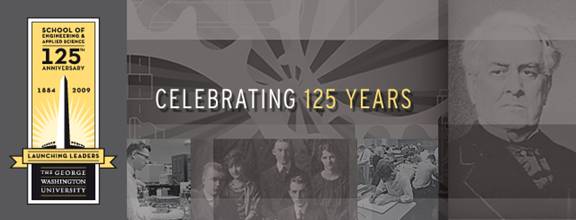This dissertation describes a methodology
for assessing rare event risks in complex technological systems using
expert judgment about scenarios defined by key situational variables.
Managers and decision-making authorities can use this rare event knowledge
to design projects, develop policy, and allocate resources in their
efforts to mitigate the greatest system risks.
Rare events inherently suffer from a scarcity
of data necessitating expert judgment to assess relative accident probabilities.
The expert judgment about the rare events under examination is elicited
through paired scenario comparisons that differ in only a single dimension.
The results are combined with the prior knowledge about the system (typically
derived from global statistics, trends, etc.) in the usual Bayesian
fashion. Expert calibration is examined and a set of diagnostics have
been developed based on information theoretic cross-entropy. This diagnostic
information enables managers and decision-making authorities to qualify
the experts and perhaps eliminate poorly performing experts.
Relative accident probabilities can be
converted to absolute probabilities and the model identifies those situational
variables that contribute the most to system risk. The model is demonstrated
on expert paired comparison data taken from a study of the largest passenger
vessel ferry system in the U.S. The results from this model, which accounts
for a greater pool of knowledge, compares favorably with the classical
results. Hence, this model and methodology might be useful for rare
event risk assessment studies in other disciplines.
<<
Back
